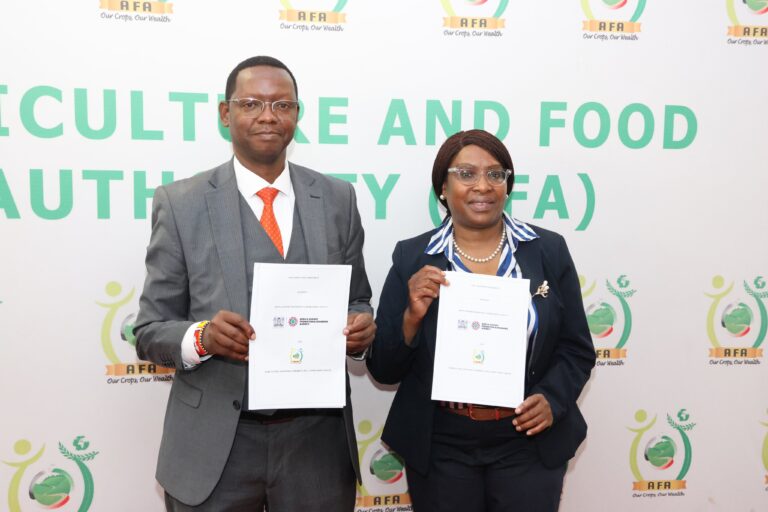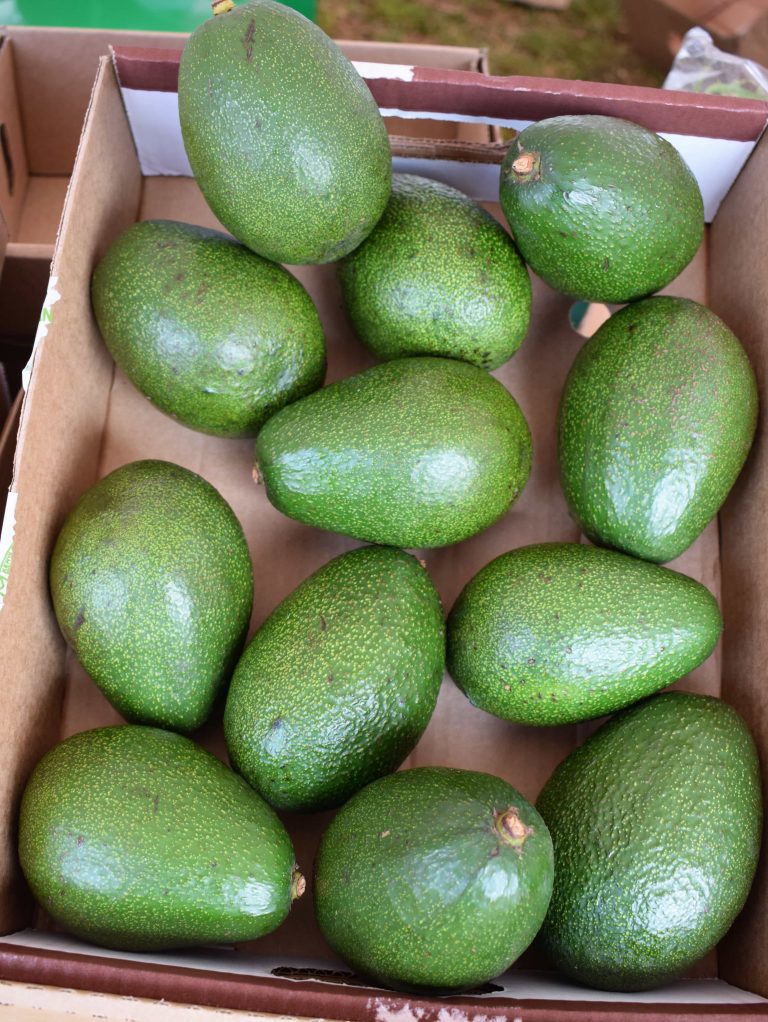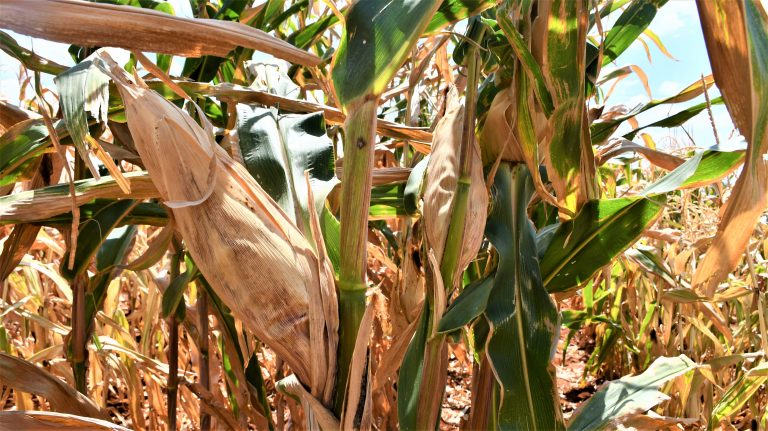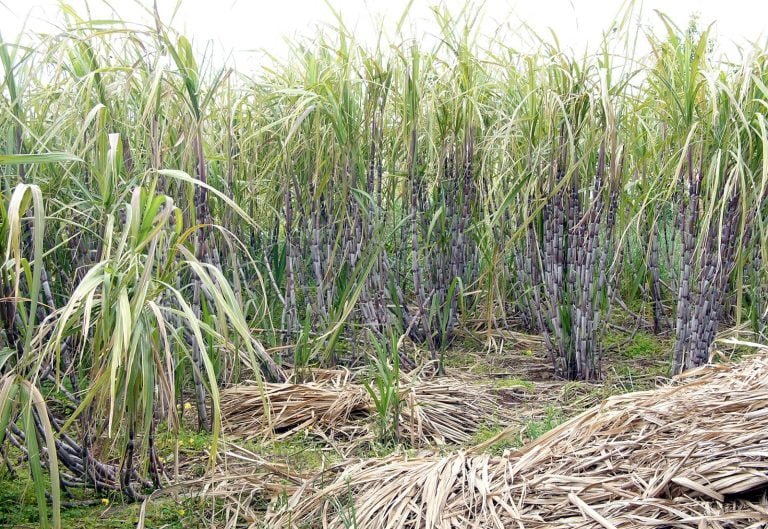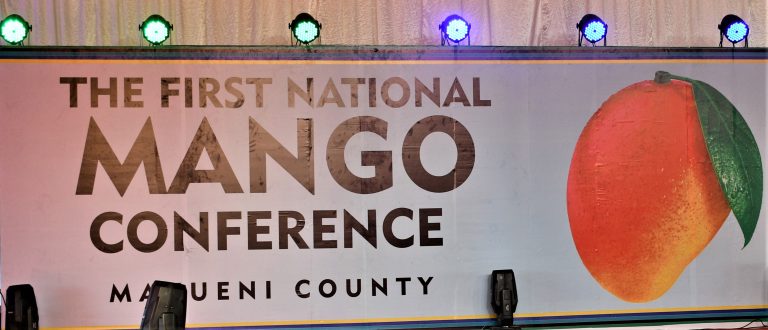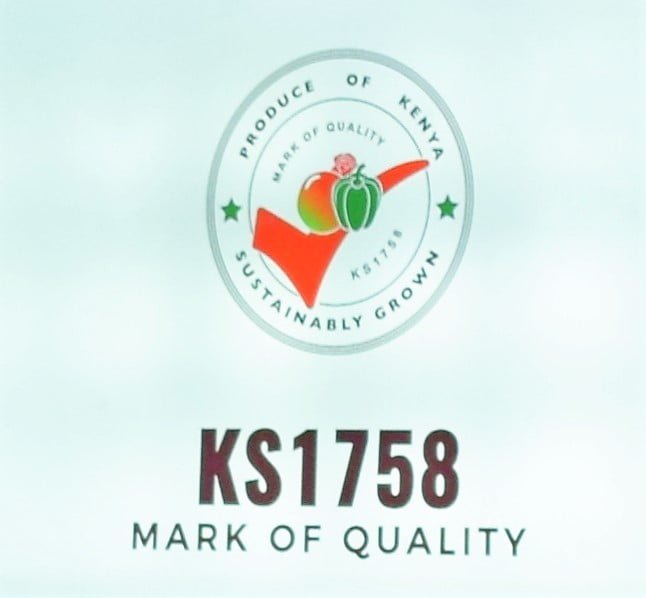The Agriculture and Food Authority (AFA) has concluded its review of the Wheat Purchase Programme (WPP) for the 2024/2025 season and announced new minimum prices for the 2025/2026 season.
The review was carried out during a four-day stakeholder workshop held from June 24 to 27, 2025. It included an analysis of production costs, aggregator margins and price negotiations. A follow-up price negotiation meeting was held on July 3, 2025.
As part of the resolutions, AFA, in collaboration with the National Treasury, evaluated applications from millers seeking to import wheat under the Duty Remission Scheme (DRS). The criteria used included registration with AFA as wheat importers, performance in previous local wheat purchase commitments, and performance in import quota utilization.
AFA stated that all participating millers will be required to purchase locally produced wheat in quantities proportional to their allocated import quotas. The wheat grading system used in the 2024/2025 season will continue to apply in the 2025/2026 season. Aggregation will be carried out by aggregators vetted and registered afresh by AFA as marketing agents. A handling fee of Kshs. 220 per 90 kg bag will be paid to aggregators for weighing, offloading and testing. This fee will be shared equally between farmers and millers.
The recommended minimum prices for wheat at traditional buying centres, including Narok, Nakuru, Eldoret, Nyahururu and Timau, have been set as follows:
- Grade 1 (bushel weight 78 and above): Kshs. 4,750 per 90 kg bag
- Grade 2 (bushel weight 75–77.9): Kshs. 4,650 per 90 kg bag
- Grade 3 (bushel weight below 75): Willing buyer, willing seller
AFA said that all commitments made during the stakeholder negotiations are final and binding. Any future amendments to the programme will be communicated after stakeholder consensus.
The Wheat Purchase Programme is a Duty Remission Scheme established by the National Treasury after consultations with the Cereal Millers Association (CMA) and the Cereal Growers Association (CGA).
Under the scheme, millers gazetted by the East African Community (EAC) Customs Union pay a reduced import duty rate of 10 per cent, down from the 35 per cent levied on sensitive products under the EAC Common External Tariff (CET). This preferential duty rate is conditional on millers purchasing locally grown wheat at negotiated prices to encourage local production and reduce import dependence.




